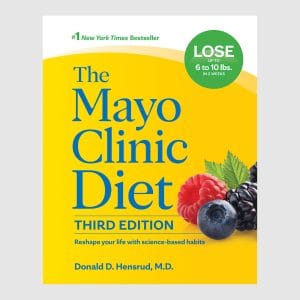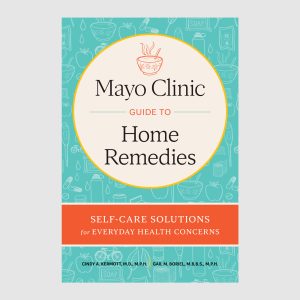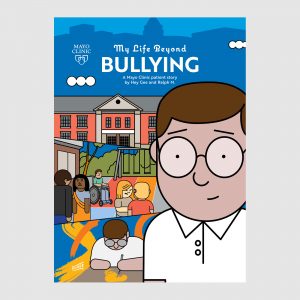
Mayo Clinic does not endorse companies or products. Advertising revenue supports our not-for-profit mission.
Remember that cold you had last year? It may not have been a cold after all.
Respiratory syncytial virus (RSV) can look a lot like the common cold. They both spread through coughs, sneezes and infected surfaces like doorknobs. In healthy adults, symptoms of both viruses are generally mild and include a runny nose, headache, sore throat or a low-grade fever.
So how can you tell whether you have a cold or RSV? Here are 3 signs to look for.
You’re wheezing.
A whistling sound when you breathe is called wheezing. It’s a common symptom of RSV, but it’s less likely to happen with a mild cold. If you’re wheezing, especially if you’re also having trouble breathing, call a healthcare professional right away.
Your symptoms get worse.
Both RSV and colds typically last a week or two. But if your symptoms get worse instead of better over time, you may be more likely to have RSV.
A healthcare professional confirms the diagnosis.
A blood test or mouth swab can confirm whether you have RSV. Your healthcare team may decide to do this test if your symptoms aren’t improving.
RSV or a cold: Why it matters
RSV can lead to serious lung infections for some people, especially adults 65 and older, or those with heart, lung or immune system issues. That’s why it’s important to watch for serious symptoms. If your cough gets worse, you have trouble breathing, or your skin looks blue or gray, get medical attention right away.
But if you’re a healthy adult and your symptoms are mild, a cold and RSV are treated the same. In both cases, you should avoid being around children, older adults, and other people who are at risk of more serious cases or complications of these viruses.
The same self-care treatment is recommended for both conditions:
- Get plenty of rest.
- Drink lots of fluids.
- Take acetaminophen (Tylenol, others) as needed.
If you have symptoms, you should protect others by washing your hands often, cleaning shared surfaces, and covering your mouth and nose when you sneeze or cough. These guidelines are the same whether you have a cold or RSV.
Mayo Clinic does not endorse companies or products. Advertising revenue supports our not-for-profit mission.
Mayo Clinic does not endorse companies or products. Advertising revenue supports our not-for-profit mission.

Relevant reading
Mayo Clinic The Essential Diabetes Book, 3rd Edition
The Essential Diabetes Book, 3rd Edition, from Mayo Clinic, provides you with key steps to managing diabetes. This includes essential advice on how to monitor your blood sugar, how to eat better, how to become more physically active, how to lose weight and maintain a healthy weight, and how to…





















